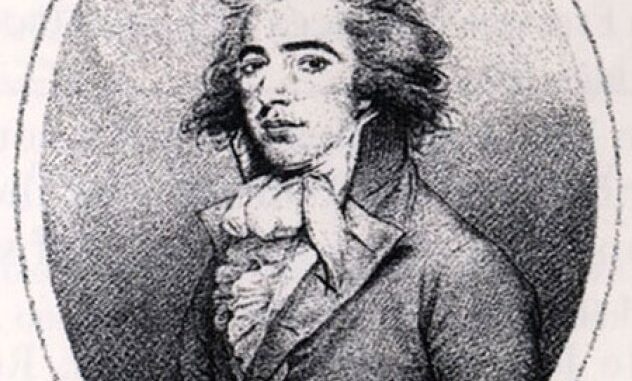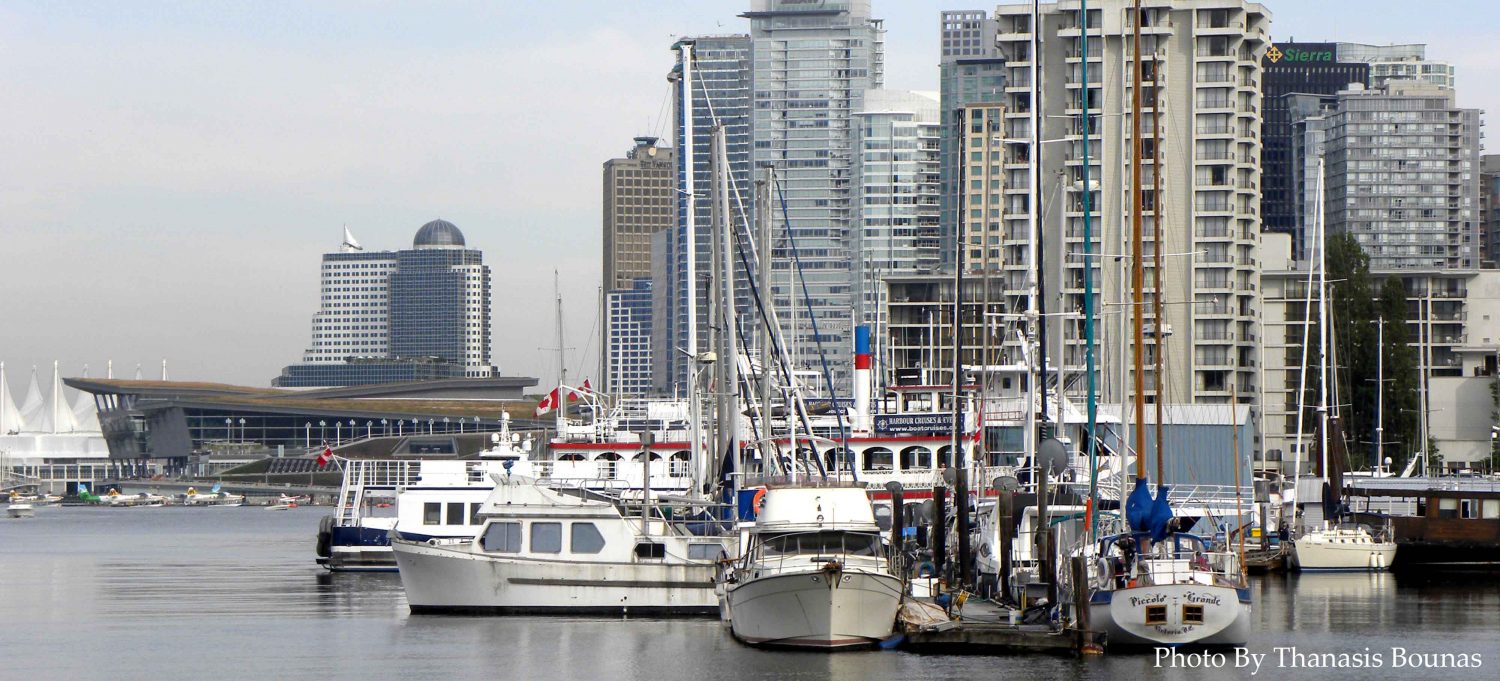
A Greek Navigator in the Age of Exploration
Ioannis Fokas, known in Spanish records as Juan de Fuca, was a Greek navigator and explorer born around 1536 on the island of Cephalonia, Greece.
He served as a pilot under the Spanish Empire during the 16th century, a period of great maritime expansion and discovery.
Fokas took part in several voyages across the Caribbean and the Pacific Ocean, gaining fame for his navigation skills and courage.
His name would later become permanently linked to the coastline of what is now British Columbia, Canada.
The Voyage of 1592
In 1592, under orders from Spanish authorities in New Spain (modern-day Mexico), Ioannis Fokas embarked on an expedition north along the Pacific coast.
His mission was to find the legendary Northwest Passage, a sea route believed to connect the Atlantic and Pacific Oceans.
During his journey, he reported discovering a wide strait near the 48th parallel north, describing it with exceptional accuracy.
This waterway corresponds to what is now the Strait of Juan de Fuca, separating Vancouver Island in British Columbia, Canada, from the Olympic Peninsula in Washington State, USA.
Although some doubted his story at the time, later discoveries would confirm his remarkable account.
Recognition and Legacy
Nearly two centuries later, British and Spanish explorers — including Captain James Cook and Charles Barkley — confirmed the existence of the strait exactly where Fokas had said it would be.
To honor him, they officially named it the Strait of Juan de Fuca, ensuring his legacy would live on along the Pacific shores of British Columbia, Canada.
Fokas is believed to have died around 1602, never formally recognized in his lifetime.
Today, he is remembered as one of the few Greeks to have played a defining role in the Age of Exploration, linking the maritime worlds of the Mediterranean and the Pacific Northwest.


Be the first to comment